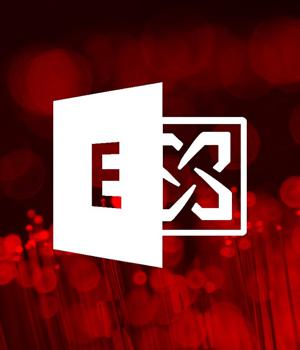Security News > 2022 > March > Microsoft Exchange targeted for IcedID reply-chain hijacking attacks

The distribution of the IcedID malware has seen a spike recently due to a new campaign that hijacks existing email conversation threads and injects malicious payloads that are hard to spot.
The ongoing IcedID campaign was discovered this month by researchers at Intezer, who have shared their findings with Bleeping Computer prior to publication.
The primary method of the conversation hijacking attack is to assume control of a key email account participating in a discussion with the target, and then send a phishing message crafted to appear as a continuation of the thread. As such, when the target receives a reply message with an attachment named and presented as something relevant to the previous discussion, the chances of suspecting fraud are reduced to a minimum.
In November 2021, a Trend Micro report described a wave of attacks using ProxyShell and ProxyLogon vulnerabilities in exposed Microsoft Exchange servers to hijack internal email reply-chains and spread malware-laced documents.
We have been seeing the TR Distro actor utilize compromised Exchange servers vulnerable to Proxylogon/ProxyShell to send malspam for about 1 week with artifacts indicating access going back to earlyOCT. 1/x https://t.
All three malware pieces have been previously involved in email thread hijacking to deliver malicious payloads [1, 2, 3, 4]. Intezer puts threat group TA551 in the spotlight this time due to the use of regsvr32.
News URL
Related news
- US indicts Black Kingdom ransomware admin for Microsoft Exchange attacks (source)
- Microsoft investigates global Exchange Admin Center outage (source)
- Microsoft Defender will isolate undiscovered endpoints to block attacks (source)
- Microsoft: Exchange 2016 and 2019 reach end of support in six months (source)
- Microsoft fixes Exchange Online bug flagging Gmail emails as spam (source)